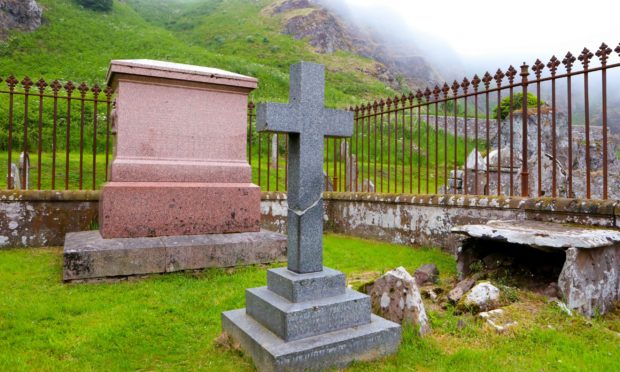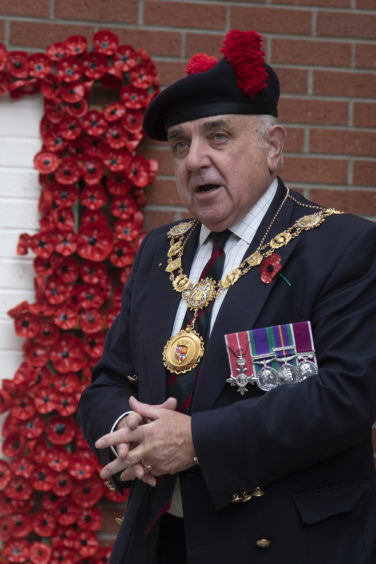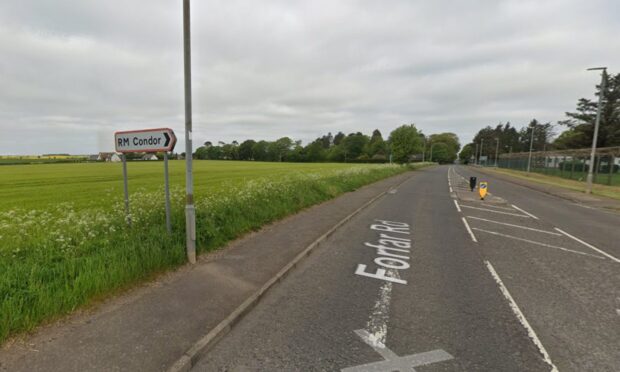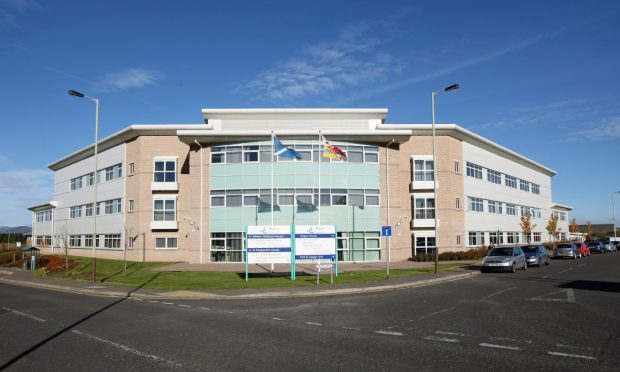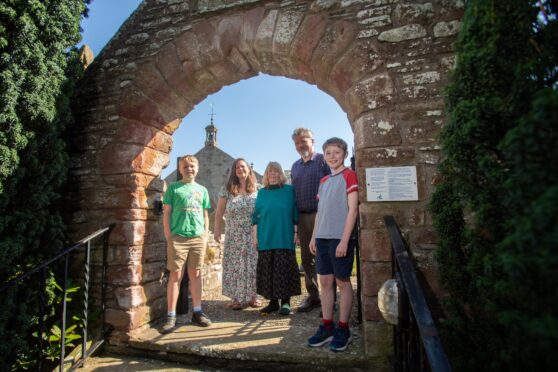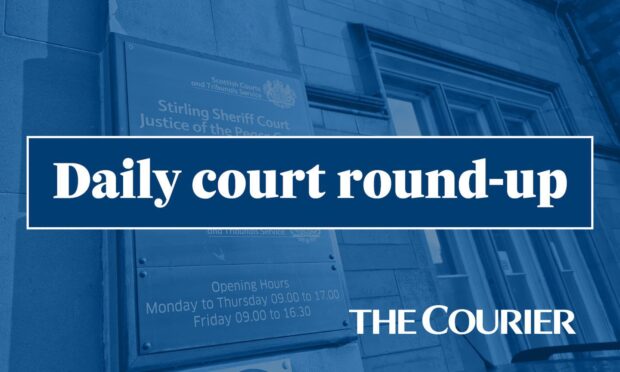A cavalry hero of the battle of Waterloo is set to be the focal point of an event to commemorate the battle and extend the hand of friendship to other nations involved in the conflict.
Angus Provost, Kirriemuir and Dean Conservative Councillor Ronnie Proctor, will write to his Aberdeenshire counterpart in a bid to hold a joint event to mark the anniversary of the battle next year, highlighting the role of cavalry commander Sir Joseph Muter in the hostilities.
Mr Proctor said: “Waterloo remains one of the most famous land battles in history and the final defeat of Napoleon would usher in a period of much needed peace in Europe.
“It is a battle that continues to fascinate and as we look to rebuild our economy after the pandemic, I think we have an opportunity to reflect on the battle and those who fought in it, such as Sir Joseph.
“It is also an opportunity to extend the hand of friendship to the other nations involved in the conflict and showcase the north east and the warm welcome we offer.”
Mr Proctor will be contacting a number of regiments who took part in the battle to invite them to send representatives to the event.
Born in Fife in 1777, Sir Joseph Muter, was commissioned a lieutenant in 1795.
By 1814, with a distinguished military record, he was promoted to colonel and would command the 6th Inniskilling Dragoons as part of the Union Brigade of heavy cavalry at Waterloo.
Outnumbered, the Duke of Wellington sought to hold the high ground as he waited for his Prussian allies to reinforce him.
By early afternoon, Wellington’s lines were weakening and the French unleashed a massive assault of 18,000 infantrymen with cavalry support.
However, a perfectly-timed assault by Wellington’s two heavy cavalry brigades, including Muter’s Inniskillings, delivered a huge blow to the French columns and bought the allies precious time as they waited for the Prussians under Marshal Blucher.
The combined forces of Wellington and Blucher would defeat Napoleon and finally end his imperial ambitions.
Sir Joseph would later inherit substantial estates near Montrose and changed his surname to Straton.
He died in 1840, and a keen philanthropist, he left a bequest to the University of Edinburgh valued at more £7 million in today’s money in his will.
He is buried in the family plot at Nether Kirkyard at St Cyrus.
